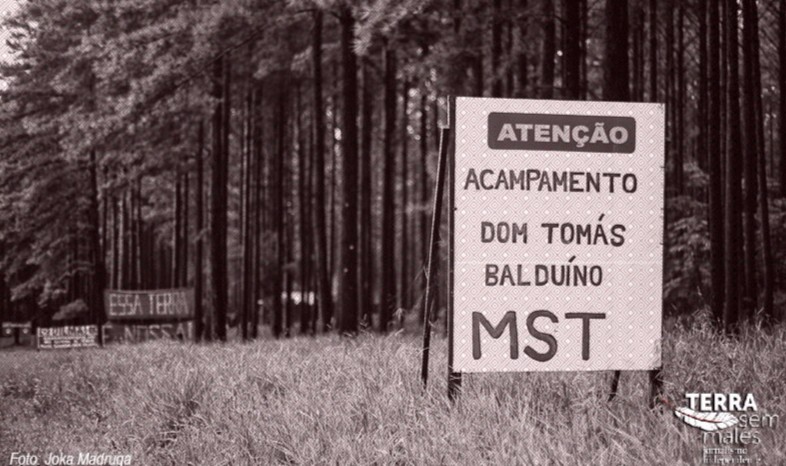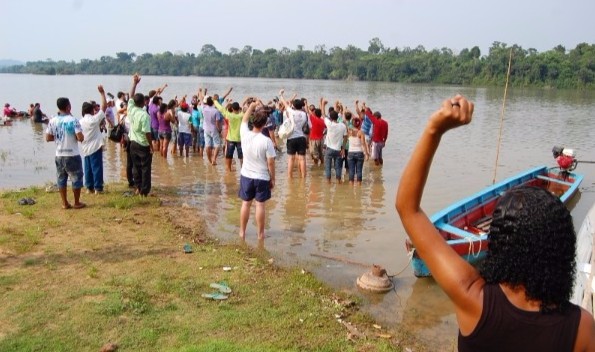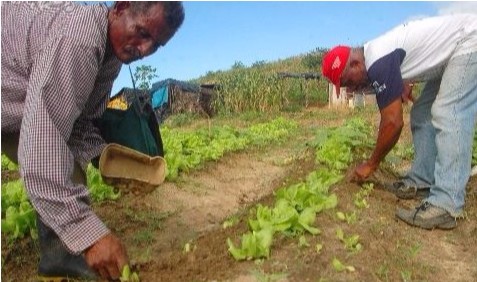Land Conflicts
Through public interest law, Terra de Direitos works to ensure recognition of the right to urban and rural land as a fundamental human right. We work for the legal defence of families in situations of eviction and to achieve a national policy on land conflict mediation that enables solutions that are in keeping with human dignity.
Historically Brazil has severe land ownership concentration in both rural and urban areas. The Gini index – a measure of inequality – shows just how alarming land ownership concentration in Brazil is. On a scale of 0 to 1 (where ratings closer to 0 mean less inequality), Brazil’s score is 0.820. It is important to note that these scores varied little when they were measured between 1968 and 2000.
Currently less than 1% of Brazilian rural properties cover an area greater than one thousand hectares. On the other hand, these same properties account for 43% of the area occupied by rural establishments. The same logic of property concentration can be seen in the cities, whereby there are some 6.07 million available households for 33 million people without access to adequate housing.
This inequality in access to land for production, housing and reproduction of life generates countless conflicts, nearly always violent and disrespectful of the rights of those who are struggling to achieve a dignified life. Moreover, current reality points to considerable challenges to the fulfilment of the social function of property, which is obligatory under the 1988 Brazilian Federal Constitution, as well as diverse mechanisms intended to ensure that this principle is respected and demanded. Notwithstanding, we continue to coexist with large estates of land in the country and property speculation and empty properties in the city.
Terra de Direitos works to counter serious human rights violations in situations of land conflicts, promoting denouncements and actions aimed at ensuring accountability for and reinstatement of the damages caused to victims.







